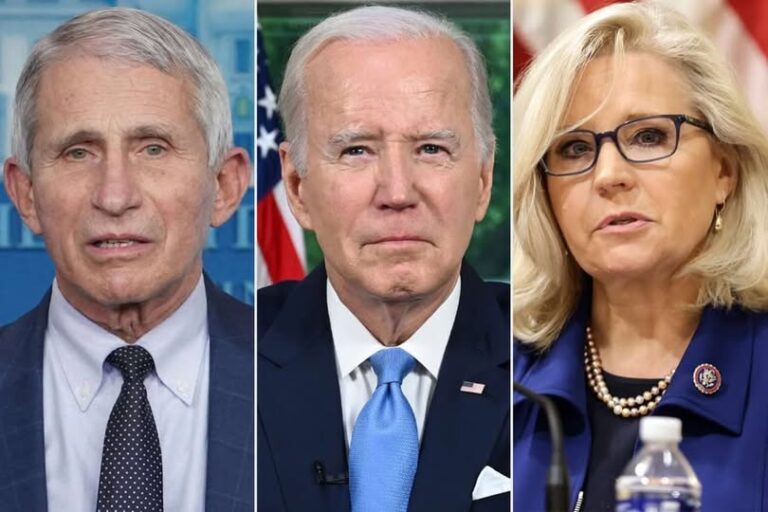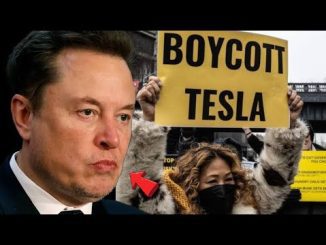
In a last-minute round of presidential pardons, President Joe Biden granted clemency to a select group of individuals in an effort to shield key allies from potential reprisals or legal consequences that could arise under the incoming administration of President-elect Donald Trump. Among the recipients of these pardons were former Wyoming Republican Congresswoman and co-chair of the January 6 Committee, Liz Cheney, and Dr. Anthony Fauci, the renowned immunologist and former director of the National Institute of Allergy and Infectious Diseases (NIAID). Biden’s aides suggested that the clemency granted to Cheney and Fauci was a strategic move aimed at protecting them from possible acts of vengeance or politically motivated legal actions by Trump or members of his administration, who had previously targeted both individuals for their roles in opposing Trump’s policies.
While these pardons were granted to safeguard the individuals involved, legal experts quickly raised concerns about the potential limitations of the clemency. Although the pardons provide a form of protection from certain legal consequences, they do not provide blanket immunity from having to testify under oath if subpoenaed. Specifically, both Cheney and Fauci could still be compelled to testify in legal proceedings, such as hearings or investigations, should they be summoned by Congress. Legal experts and federal litigation attorneys have pointed out that the pardons would not shield them from potential legal repercussions if they were to lie under oath during such testimony.
Jesse Binnall, a well-known federal litigation attorney, emphasized that Biden’s pardons do not protect Cheney and Fauci from being held accountable for perjury or obstruction of justice should they provide false testimony under oath. Binnall further remarked that the pardons might actually serve as “great news” for anyone seeking to see the two individuals prosecuted, as it could make it easier to pursue legal action if any wrongdoing is uncovered during their testimony.
This development has sparked a broader debate regarding the limits of presidential pardons and the ethical implications of using clemency as a tool to protect political allies. While Biden’s decision to issue these last-minute pardons was made in the context of shielding individuals from political retribution, it has also raised important questions about accountability, transparency, and the potential for abuse of power in high-stakes political situations. As legal proceedings continue, Cheney and Fauci remain vulnerable to scrutiny, and their ability to navigate the complexities of legal challenges may play a significant role in their future careers and public lives.


